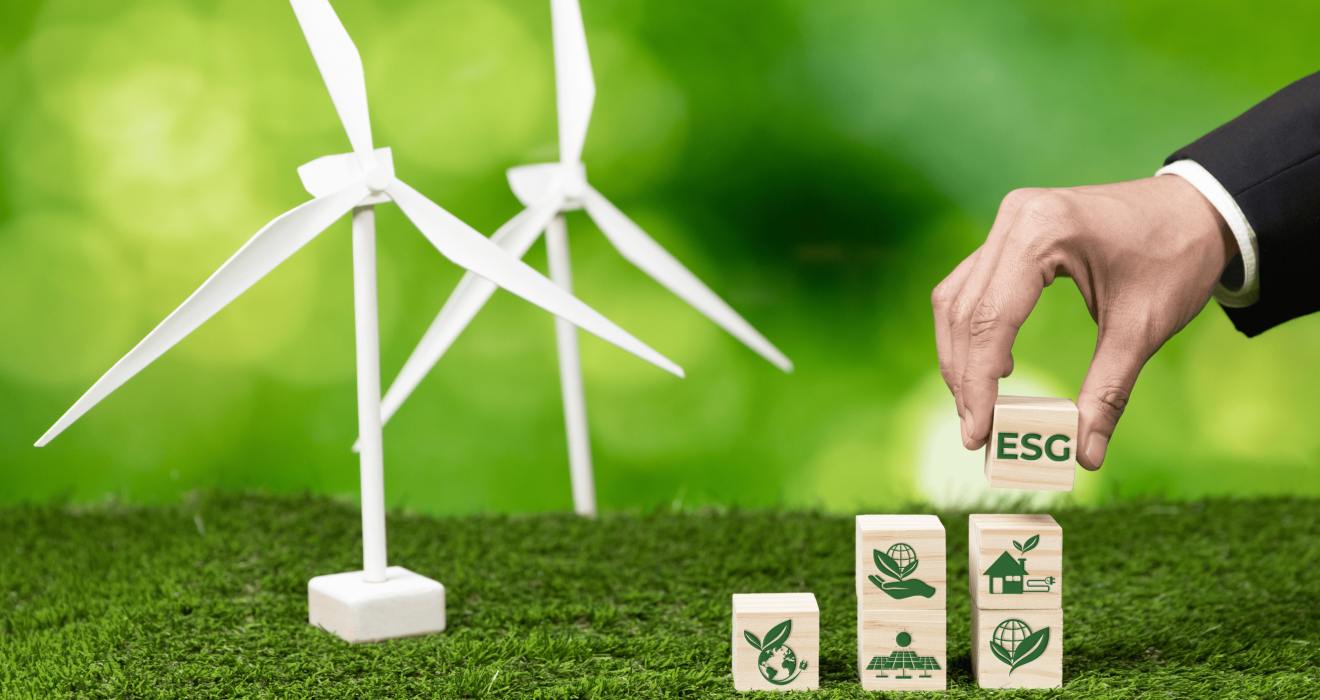In the face of escalating climate challenges, Malaysia, a Southeast Asian nation, has embarked on a multifaceted journey under the guidance of Nik Nazmi, the Minister for Natural Resources and Environmental Sustainability. This blog delves into the nation’s proactive initiatives, shedding light on its dedicated pursuit of sustainability. At the forefront of this movement is Minister Nazmi’s innovative strategy to motivate the affluent segment of society toward eco-friendly practices by increasing fuel and power bills. This approach aims to steer the nation away from conventional energy sources, fostering a broader acceptance of alternative and renewable options.
As Malaysia strives to address its environmental footprint, the focus extends beyond governmental policies to incorporate a collective shift in mindset and values among its citizens. This comprehensive exploration unfolds the various dimensions of Malaysia’s commitment to environmental stewardship, encapsulating both challenges and solutions in the pursuit of a more sustainable and eco-conscious future.
Climate Challenges in Malaysia
Malaysia, confronted with a spectrum of climate challenges, grapples with the repercussions of rising temperatures, which have manifested in the form of heat islands and devastating floods. These climatic events have resulted in the displacement of thousands of individuals, highlighting the urgent need for comprehensive strategies to address the impacts of climate change.
Historically, Malaysia has faced international criticism for its contributions to global warming. This criticism primarily stems from practices such as deforestation for palm oil cultivation and reliance on coal-fueled power stations. The extensive clearing of land for agriculture and energy production has had profound environmental consequences, adversely affecting ecosystems and amplifying the nation’s carbon footprint.
In response to these challenges, Malaysia has embarked on a proactive journey under the leadership of Minister Nik Nazmi. Recognizing the imperative for climate mitigation measures, the country is now actively engaged in initiatives aimed at reversing environmental damage and fostering a more sustainable future. The shift in focus towards climate-conscious policies signifies Malaysia’s commitment to addressing its historical environmental concerns and adopting responsible practices under Nazmi’s leadership.
Sustainable Practices in Palm Oil Industry
Minister Nik Nazmi tackles apprehensions surrounding palm oil production, underscoring Malaysia’s dedicated stance towards sustainability. A pivotal aspect of this commitment is the Sustainable Palm Oil initiative, enveloping an impressive 98 percent of the nation’s plantations. This initiative has played a crucial role in markedly diminishing deforestation linked to palm oil cultivation.
The minister accentuates the significance of regulatory frameworks, notably the Malaysian Sustainable Palm Oil certification, in steering the industry towards responsible practices. By adhering to stringent standards, Malaysia aims to ensure that palm oil production aligns with environmentally sustainable principles. These regulations not only mitigate the ecological impact of palm oil cultivation but also set the stage for the industry’s evolution towards a more environmentally conscious paradigm.
Furthermore, Nazmi underscores the importance of measures designed to shield and rejuvenate forests. Recognizing the symbiotic relationship between palm oil production and ecological well-being, Malaysia is actively engaged in initiatives that go beyond mere compliance, aiming to protect and regenerate vital forest ecosystems. Through these concerted efforts, Malaysia seeks to demonstrate that palm oil can be a sustainable and responsible contributor to the nation’s economic landscape.
Wildlife Conservation Efforts
Nazmi outlines measures taken to protect wildlife, particularly the near-extinct Malayan Tiger. Initiatives such as wildlife crossings, the Heart of Borneo project, and the Community Rangers program involving military veterans and indigenous tribes are highlighted as effective strategies to combat poaching and deforestation.
Solar Energy Adoption and Tariff Changes
Despite being the third-largest producer of solar panels globally, Malaysia faces low adoption rates of solar technology. Nazmi attributes this to historically cheap electricity, and he discusses recent tariff changes targeting wealthier households. The shift aims to make subsidies more targeted, fostering increased interest in solar energy among businesses and the general population.
Coal Usage and Transition to Green Energy
Nazmi addresses concerns about Malaysia’s reliance on coal for electricity generation. While acknowledging the challenges in retiring coal plants due to their relative youth, he emphasizes the government’s commitment to no new coal plants. The minister explores strategies such as mothballing and co-firing to reduce carbon emissions, aligning with global efforts to transition from brown to green energy.
Transportation and Climate Awareness
With over 40 percent of energy consumption coming from transport, Nazmi discusses plans to promote public transport and electric vehicles (EVs). Subsidy reforms and a focus on changing attitudes toward private vehicle ownership are highlighted as key elements in the government’s strategy to address climate challenges at the grassroots level.
Conclusion
Malaysia, under Minister Nik Nazmi’s leadership, is navigating a comprehensive path towards sustainability. From addressing deforestation concerns in the palm oil industry to promoting solar energy adoption and tackling issues related to coal usage and transportation, the country is actively working towards a greener future. The minister’s emphasis on grassroots awareness and a cultural shift reflects a holistic approach to combating climate change.

